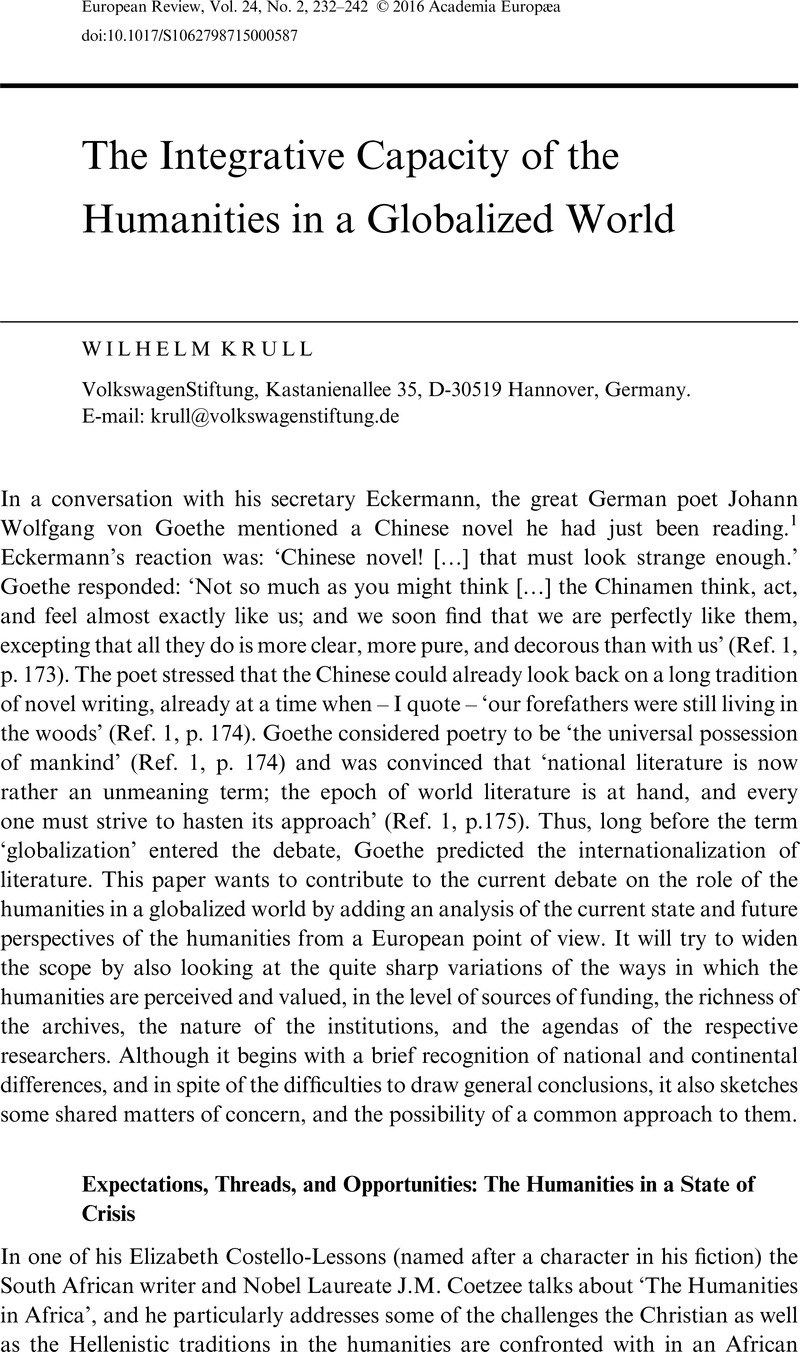13.Golde, C. M. (
2006)
Preparing stewards of the discipline. In: C. M. Golde and G. E. Walker (eds),
Envisioning the Future of Doctoral Education: Preparing Stewards of the Discipline – Carnegie Essays on the Doctorate (
San Francisco:
Jossey-Bass), p.
10.
Google Scholar 